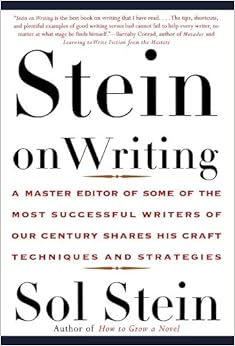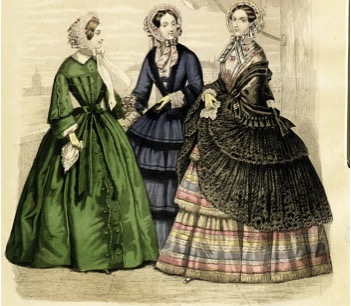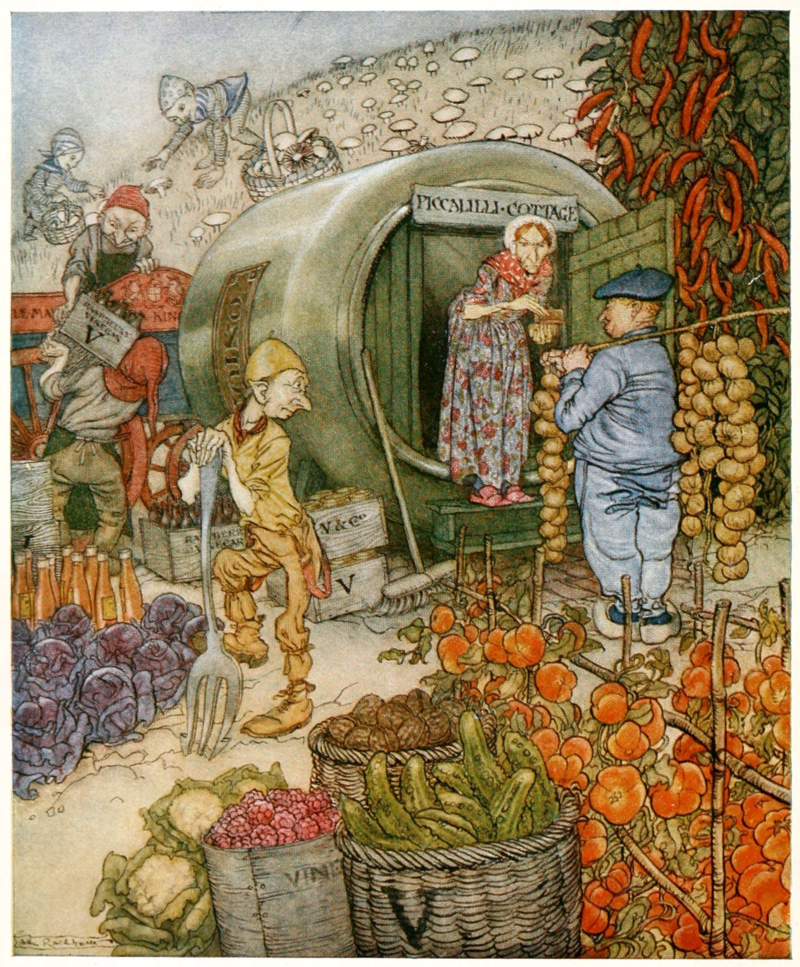Family Fortnight + Leading up to the International Day of Families on the 15th of May, we bring you the sixth in a series about mystery writers’ take on families. Settle back and enjoy!by Robyn Thornton
On our first date, Brian brought me a signed copy of his Lincoln biography. I thought it was one of the coolest gifts I had ever received. We discovered that we had a lot of other common interests, but our love of all things related to books and the creation of them was certainly one of the first threads in our shared tapestry. I soon learned how much dedication and headspace was needed to weave together those stories as I spent many weekends both in awe of Brian’s discipline and wrestling with my jealousy over the amount of time that he needed to focus. It was difficult for me to understand in the beginning of our relationship, but his determination to persevere in chasing his passion for writing was inspiring.In honor of the fast-approaching International Family Day, I asked my wife, Robyn, to write something up for this week's blog entry. This is what she came up with. Thanks, Honey! One thing, though: see below–all the way at the bottom of this page–for pictures from our ACTUAL honeymoon, lest you think the ONLY honeymoon my wife got was getting to tag along while I pressed the flesh at B'con!
— Brian
When we knew that our relationship was getting more serious, his writing took a back seat to making sure I felt I was a priority.
For my birthday that year, Brian took me on a trip to Oregon. As I slept in the hotel, Brian stayed up all night to finish a book deadline. He wanted to make sure I got a good night’s sleep, so he had set up his laptop on the sink in the bathroom. I remember waking up several times in the night to see the light streaming from under the door. His kindness and compassionate spirit were more reasons why I was falling in love with him.
So, when Brian and I got married, I thought I knew what to expect.
I was so wrong.
Brian worked hard to finish a book to take me on a mini-honeymoon to San Francisco (We took the
 |
| My husband, flashing his "convention smile." |
It was one of the first lessons we had to learn as a newlywed couple. We planned a big wedding, got married, and bought a house, all in the same nine month period.
Brian continued to juggle his book projects with us moving in and getting settled. I recall one Sunday night in particular that makes us laugh now. I was assembling a couple of kitchen stools while Brian was frantically reviewing final edits (the “galleys” as he called them) on a book whose deadline was 9 AM the next morning.
I had asked him to take a break and tighten one bolt and when he refused, I said in frustration, “Fine, why don’t you just work on your stupid book!”
Boy, do I regret that now.
What I also now realize more than ever, is that it’s not easy.
It’s not easy juggling two full-time careers, a young son with boundless energy, taking care of the day-to-day responsibilities and finding time and headspace to write every day. Brian’s been able to do this. And he’s now inspired me to start writing too.
And I now understand the sacrifices that he made and what it takes to commit and stay on track. I get how satisfying it is to be able to devise plots and character arcs and stories that just need to be told. And as you continue to work and rework and distill and then rework again, the elation of knowing that someday, there’ll be readers to enjoy and discover what you’ve created. And there’s nothing like seeing Brian’s face after he’s completed his word count for the day and the joy that this accomplishment gives him.
For that, it makes it all worth it and I wouldn’t trade one moment.
(And now, UK honeymoon pics!)
































